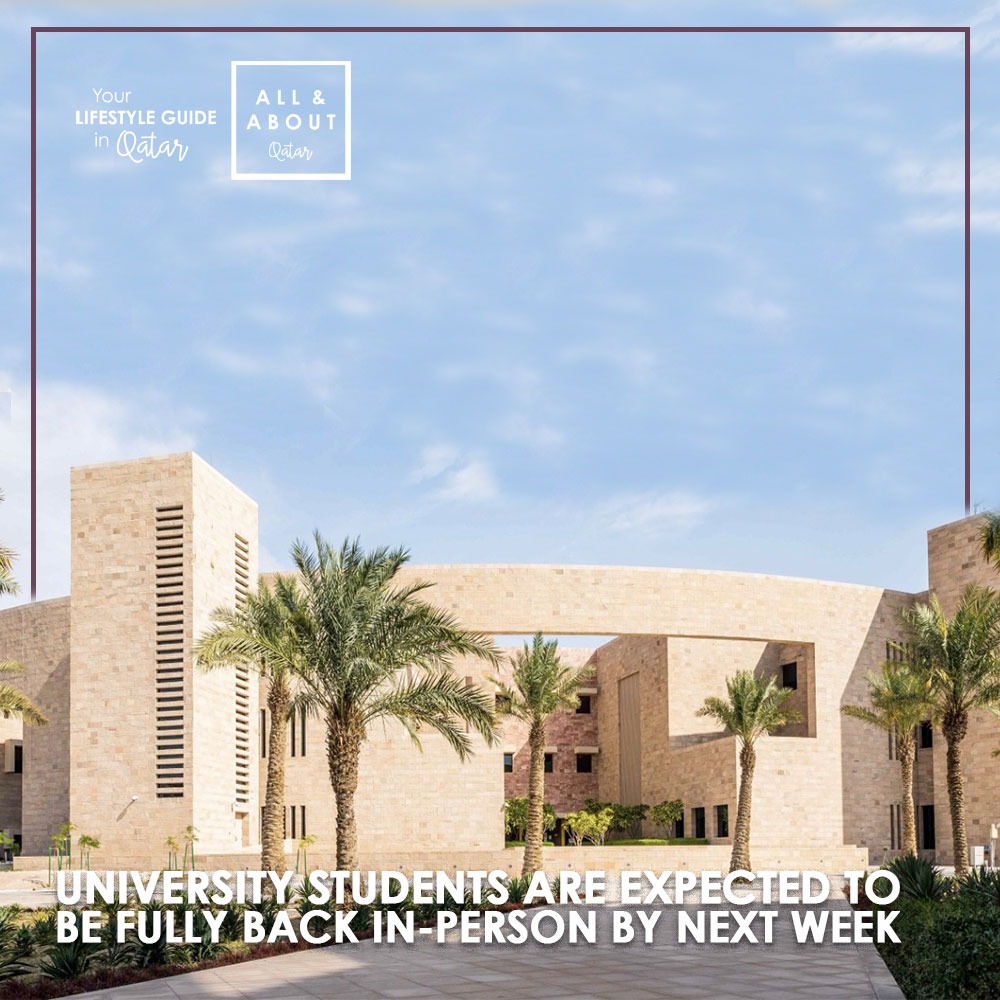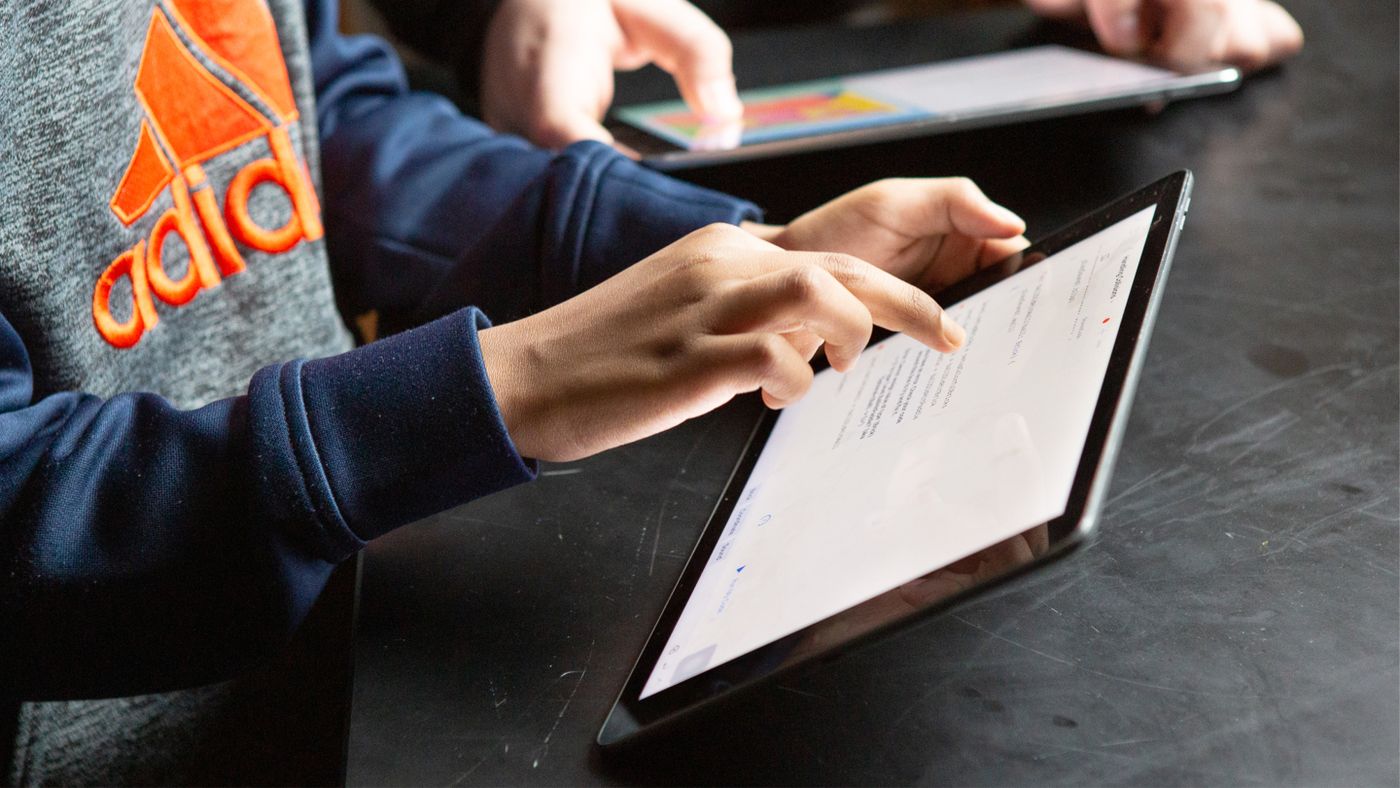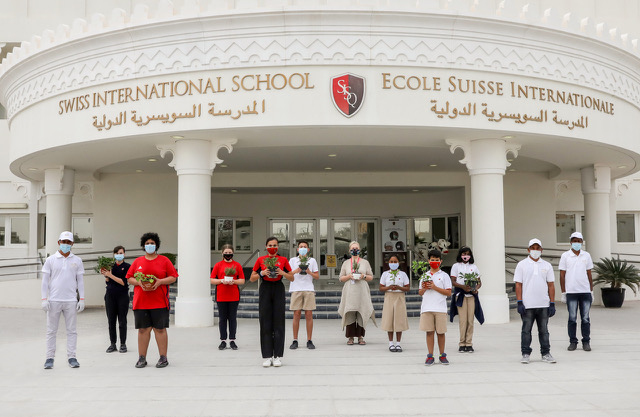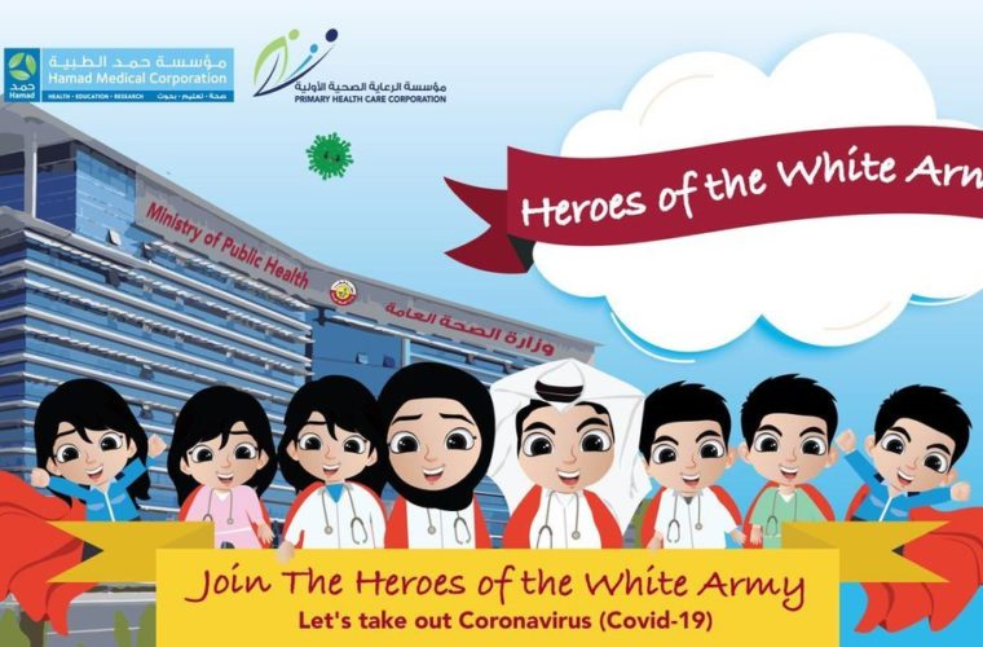
Amir Berbić, dean of VCUarts Qatar says there is “nothing more important we can do” than ensure education continues amid the Covid-19 situation.
As the education landscape in Qatar adapts to changing times, the dean of a Qatar Foundation partner university has outlined how remote learning is ensuring learning never stops. Amir Berbić, dean of VCUarts Qatar admits online tuition is “a learning curve”, he also believes it is creating new educational opportunities and insights. “In addition to staying healthy and exercising social distancing, the number one priority right now is to continue learning,” he said.
“We switched to the remote learning online teaching mode several weeks ago, since Qatar directed there should be no on-campus instruction. Prior to the outbreak, all our departments already had an academic continuity plan which we had utilised due to other circumstances in the past, such as flooding. Speaking about the interaction between students and faculty through various forms of distance learning, dean Berbi said this includes ‘virtual’ classes, or professors recording lessons and students then following them. “We’re using various methods of engaging our students,” he said. “I think it’s gone well so far and it’s a big learning curve for all of us, both for our professors and our students.” “Obviously, we would much prefer to have physical contact. But this is the situation right now. We are trying to adapt quickly, and troubleshoot and adjust.” Dean Berbić says students and faculty need this adaptability when it comes to virtual learning, explaining: “Studying art and design, as we do at VCUarts Qatar, comes with very specific challenges because of the studio-based component that is at the core of many of our courses.” “The work of our students is very physical and tactile.
It’s highly experiential, whether that is through lectures, conversations, critiques, studio work, or working in the laboratories. We rely on the physical environment as a learning space. That means this is a big challenge for us, but it’s one that we are adapting to in various ways.” VCUarts Qatar professors are adjusting course objectives or the goals of specific projects or lessons. “They are asking students to work in different ways for example, instead of relying on something that would have been produced in a fabrication lab, they’re asking students to maybe work with different materials that are at their disposal in their home,” said dean Berbić.
Another challenge art students may face is that their work requires creativity, and this may be difficult to articulate through technology. But dean Berbi said: “It just requires us to work in different ways and engaging differently with technology. “It’s more of a shift or a change in terms of modality rather than losing creativity.
In some ways, it might make our students and our faculty more creative, because it further concentrates minds and means you need to come up with innovative solutions. However, it still comes with lots of challenges and uncertainty, and we’re looking to manage that in the best way we can.” According to dean Berbić, VCUarts Qatar students and faculty are now discovering new ways of teaching that they may not have explored before. “There has been a feeling that it’s not easy to teach studio-based art and design disciplines or courses remotely,” he added.
Source https://img.gulf-times.com/Content/PDF/Dailynewspaper/Main2020_3_30316969.PDF
More on Education






Leave A Comment
You must be logged in to post a comment.